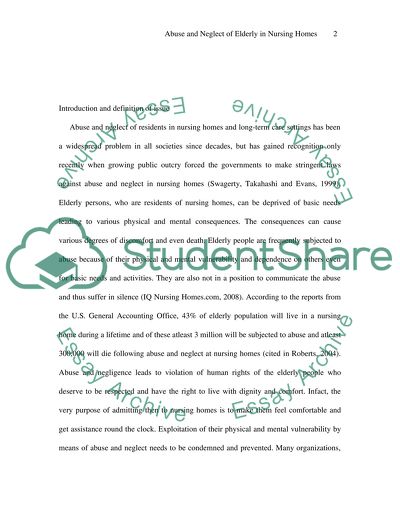Cite this document
(“Area of family gerontology Research Paper Example | Topics and Well Written Essays - 2750 words”, n.d.)
Retrieved from https://studentshare.org/family-consumer-science/1410328-area-of-family-gerontology
Retrieved from https://studentshare.org/family-consumer-science/1410328-area-of-family-gerontology
(Area of Family Gerontology Research Paper Example | Topics and Well Written Essays - 2750 Words)
https://studentshare.org/family-consumer-science/1410328-area-of-family-gerontology.
https://studentshare.org/family-consumer-science/1410328-area-of-family-gerontology.
“Area of Family Gerontology Research Paper Example | Topics and Well Written Essays - 2750 Words”, n.d. https://studentshare.org/family-consumer-science/1410328-area-of-family-gerontology.


